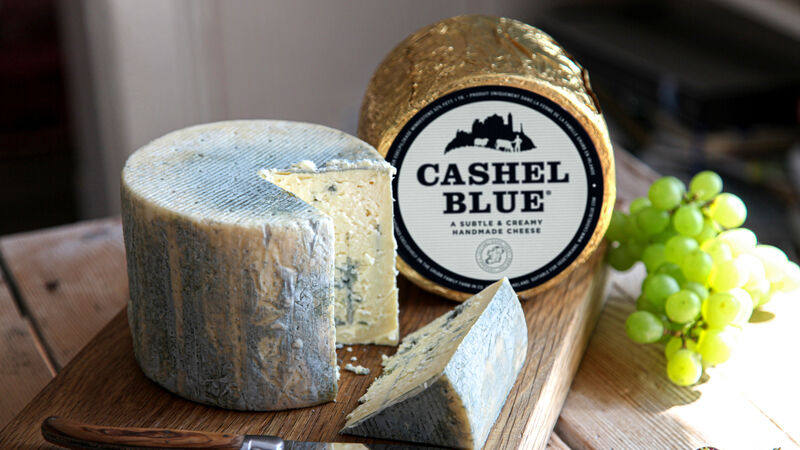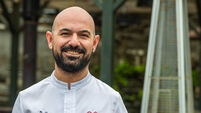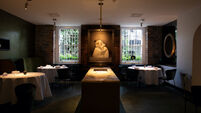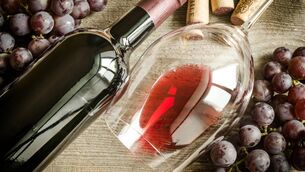Joe McNamee: Saving the planet with sustainable choices

Cashel Blue cheese.
The second EAT-Lancet publication on healthy, just, and sustainable food systems, the work of globally renowned scientists and experts, has just landed and it is potent stuff.
Even if we jettisoned all fossil fuels in the morning, oil, gas, and coal, the current industrial food production models would still be sufficient to tip the climate beyond 1.5C.






